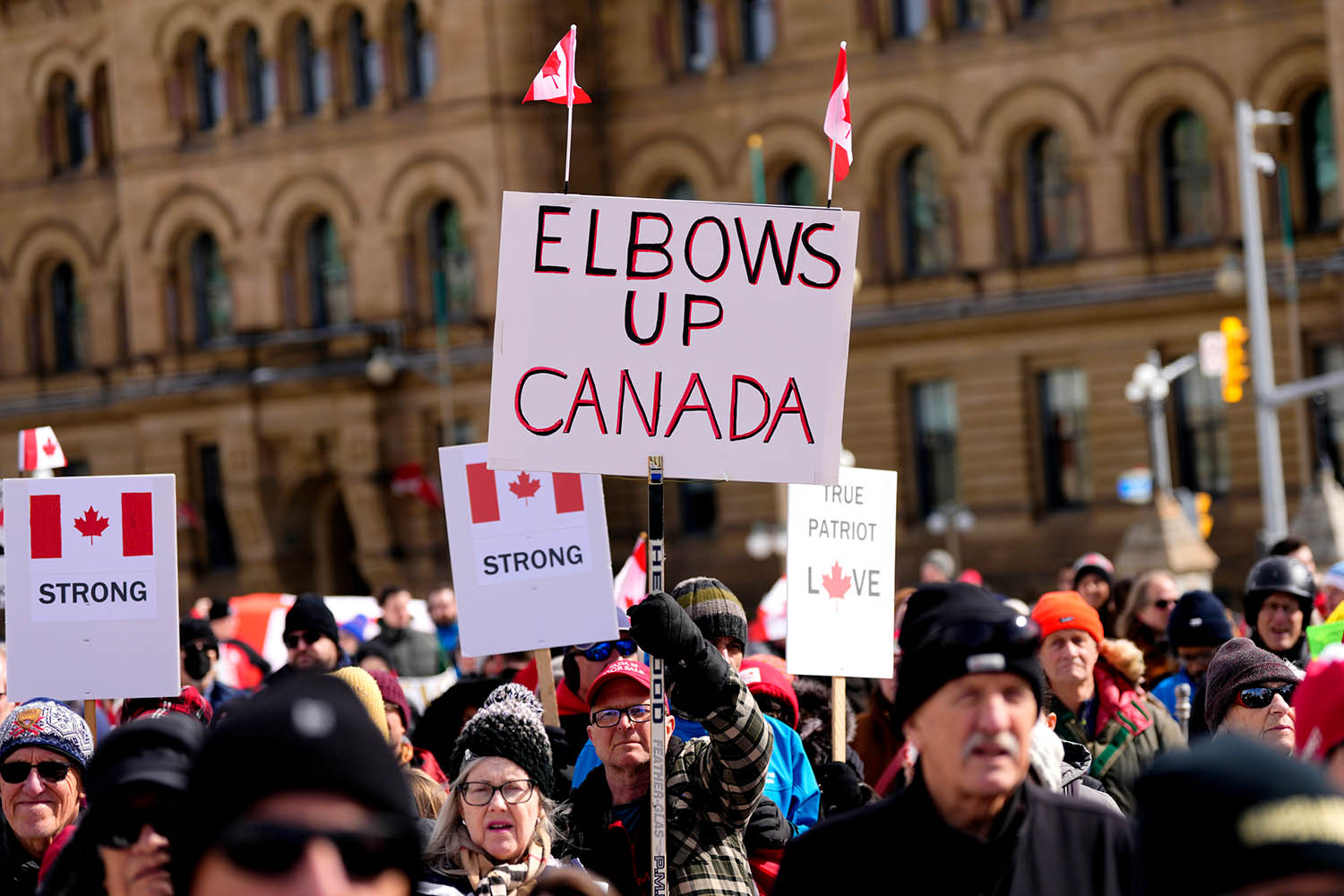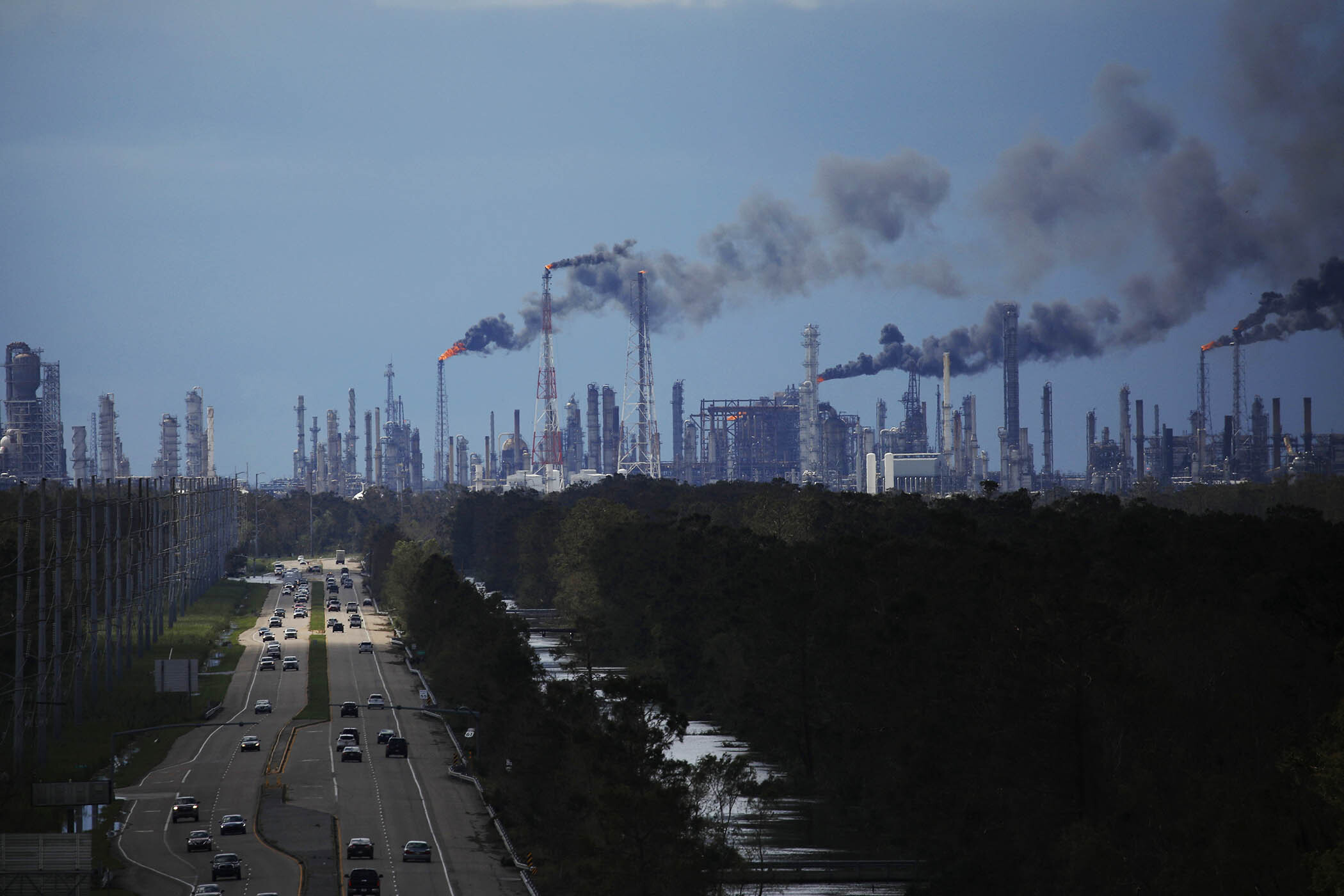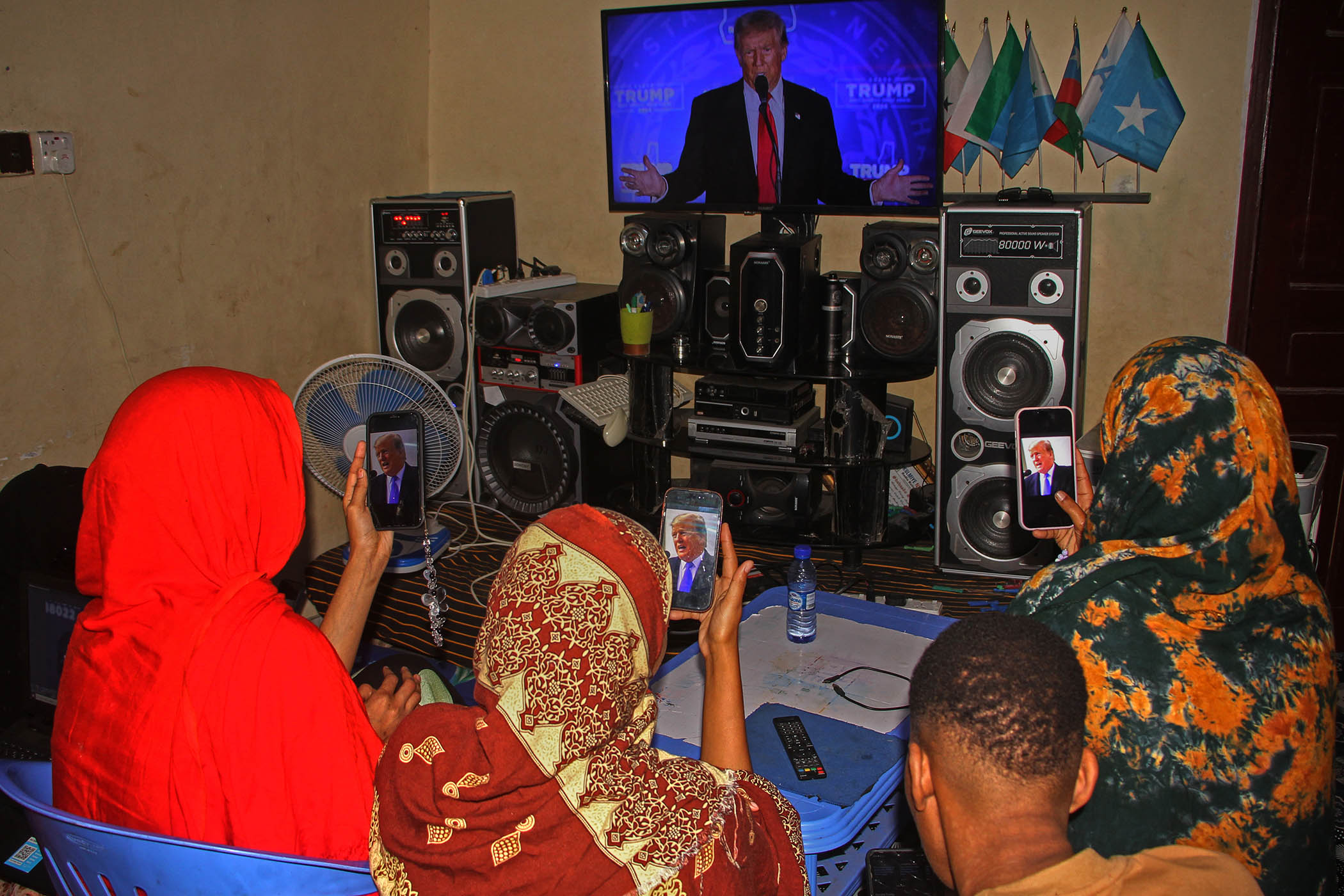Donald Trump is taking credit for the Liberal victory in Canada. Mark Carney, he purrs, is “a nice gentleman” who called and, in words that sound suspiciously like the president’s own, said: “Let’s make a deal.”
This time Trump has a point in taking credit for developments in another country. Without him the Liberal party would not have had a chance. Until the start of 2025, the Conservative party had been polling some 20 points ahead and its leader, Pierre Poilievre, was hammering the government in snappy three-word slogans: “Axe the Tax”, “Stop the Crime” or “Canada is Broken”.
Most people, including Canadians, took Trump’s remarks about the 51st state and “Governor” Trudeau, as a bad joke – but not for long. The map of North America, Trump mused, would look “beautiful” if all that real estate north of the “artificial” border became part of the US.
Canadians, more than 80% of them, did not welcome that prospect and the polls started to shift in late January. The deeply unpopular Justin Trudeau won rare approval for his forthright defence of Canadian independence and Poilievre started to face criticism even from fellow Conservatives over his slowness to respond to the American threat.
When Trudeau resigned, that removed a large part of the reason the Liberals were so disliked. His successor Carney, the former governor of the Bank of England, was untried in Canadian politics, but was seen as someone who knew the world and, crucially, could stand up to Trump. By the time Carney called the election the polls had reversed with the Liberals ahead by as much as 7%.
Canada faced an existential threat from the US, one not felt since the 1910s. Canadians rediscovered patriotism. One of the leading flag-makers found it couldn’t keep up with demand; fans booed the US anthem at hockey games; and audiences at concerts sang the national anthem. In some of the most separatist parts of Quebec, Canadian flags appeared.
Sociologists and political scientists once predicted our social attitudes and values would converge
Sociologists and political scientists once predicted our social attitudes and values would converge
Canadians are close to Americans. We often have family ties, many of us have been to university or worked there, and we eat McDonald’s and Dunkin’ Donuts. To outsiders, we often sound the same but Canadians can usually spot an American tourist.
Sociologists and political scientists once predicted our social attitudes and values would converge, but the opposite has happened. Canadians like their state-backed medical insurance, while Americans, especially on the right, see it as socialism. Abortion is largely accepted, as is same-sex marriage. We’ve had culture wars, but not as savagely as in the US. We are not anti-immigrant, for all our disquiet at what is seen as foreigners trying to skip the usual procedures.
The election saw the highest turnout in 30 years and that reflects the worry Canadians felt. Some observers have tended to see the narrow Liberal victory as a sign that Canada has gone left against the rightwing trend in democracies. That doesn’t account for the New Democrats getting obliterated – down to seven seats from 24. And it fails to grasp the nature of the Liberal party, which is centrist, pro-business and socially activist. The Conservatives will have to decide whether to stick with Poilievre or move to the middle.
Both Carney and Poilievre made conciliatory speeches after the election. Voting patterns suggest that Canadians would like that; there is just over 2% difference in the popular vote between the Liberals and the Conservatives.
Newsletters
Choose the newsletters you want to receive
View more
For information about how The Observer protects your data, read our Privacy Policy
Carney’s challenge will be to reach those who see the Liberals as urban, elitist and snobbish. And he will have to reach out to the west, where resentment of Quebec and Ontario is a powerful force.
If it were politics as usual, Canada would continue to grumble and largely ignore foreign policy and defence. We have been like hobbits, living happily in the Shire as outside dangerous creatures prowl. Now the US seems to have joined them.
The main task for the government will be to deal with our neighbour.
Canada’s advantage is that most Americans do not take Trump’s Canadian musings seriously. A recent poll showed 77% of Americans thought Canadians should decide whether to become part of the US. Trump’s approval ratings are moving downward. If he tried to expand US borders by force, it is a real question whether enough Americans would follow him.
It is hard to predict what Trump will do next. Rather like the Sorcerer’s Apprentice, he has undertaken something he does not understand, which leaves him with promises he cannot fulfil. It is hard to see this changing, as long as Trump sits in the White House. What won’t vanish any time soon is the mistrust and apprehension with which Canadians view him and, by extension, often his country as well.
Margaret MacMillan is emeritus professor of history at the University of Toronto and emeritus professor of international history at Oxford


